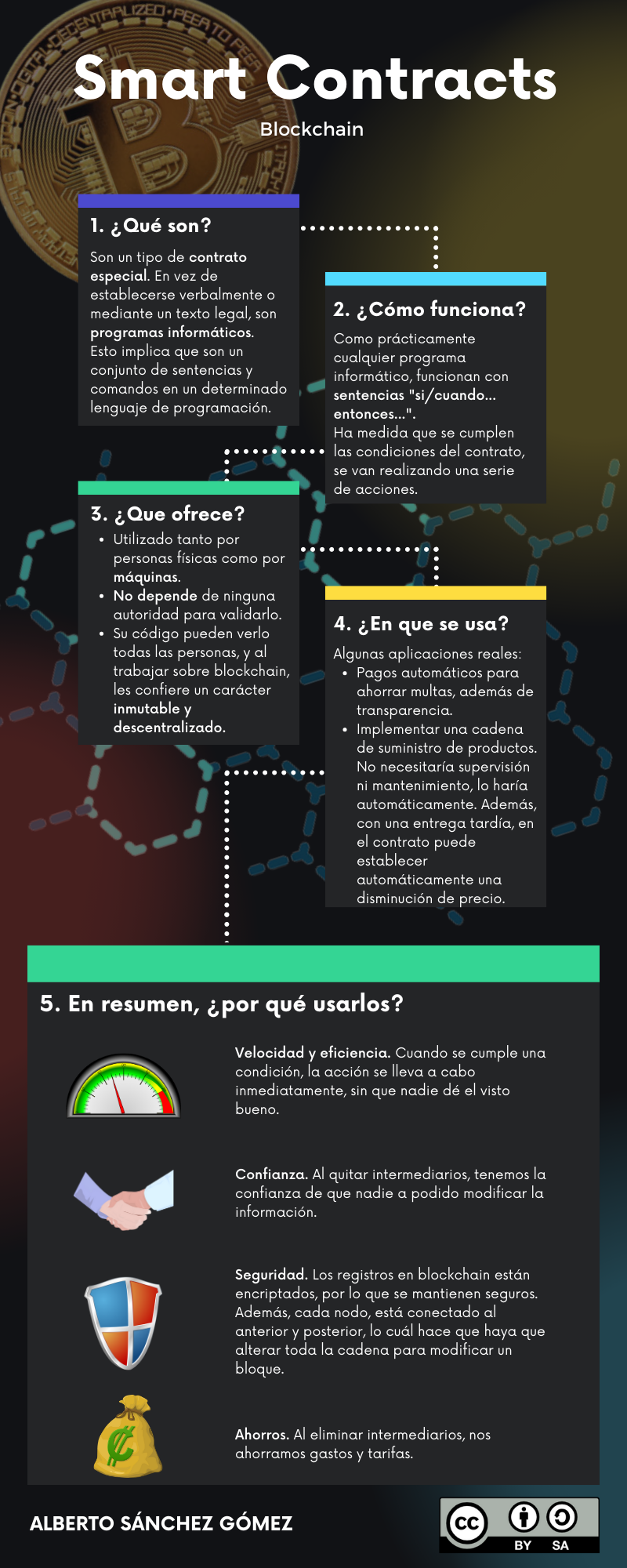If you’re a DApp developer or interested in Ethereum ecosystem, you’ll know that smart contract security is of utmost importance. A smart contract security audit can help you detect critical vulnerabilities that could put your project at risk.
At its core, the audit involves analyzing your code to identify both logical and technical issues and testing it in a controlled environment. Before we dive into the audit process, let’s explore the foundation of smart contracts.
Smart Contracts 101
A smart contract is a self-executing contract with the terms of the agreement between buyer and seller being directly written into lines of code. Once deployed on a blockchain network, it can’t be altered, providing immutability. Smart contracts provide trust and eliminate intermediaries, which in turn, reduces transaction costs.
The Risks of Smart Contracts
Although smart contracts are designed to be secure, there have been various high-profile incidents that revealed their vulnerabilities. One such example is The DAO attack in 2016, where an attacker exploited a flaw in the smart contract, leading to a loss of over $60 million.
It’s impossible to completely eliminate the risks associated with smart contracts, but a security audit provides a comprehensive analysis of potential weaknesses.
The Smart Contract Security Audit Process
To ensure complete protection against the risks, it’s crucial to perform a thorough security audit of your smart contracts. Here’s a step-by-step approach to conduct a successful smart contract security audit:
1. Define the scope of the audit: This involves determining the parts of the smart contract that needs to be audited and the tools required. Document the scope of the audit and share it with the auditor for transparency.
2. Review the code: Conduct a thorough review of the code to identify potential issues such as logical errors, privilege escalation, or data leakage, among others.
3. Automated testing: Use automated testing tools to scan for bugs and vulnerabilities in the code. This can include static analysis, dynamic analysis, and fuzz testing.
4. Manual testing: This involves both positive and negative testing of the system and could include input validation testing, boundary testing, and error handling.
5. Reporting: Document all findings in detail, including the severity of the issues, the likelihood of exploitation, and recommendations for remediation.
The Importance of Smart Contract Security Audits
Smart contract security audits are an essential part of the blockchain development process. They help to minimize the risks of vulnerabilities, comply with regulations, and protect the reputation of the blockchain project.
In conclusion, if you’re developing a DApp or working with smart contracts, it’s crucial to conduct regular security audits. Not only do they help minimize the risks of potential threats, but they also provide peace of mind knowing that your project is secure. By following our step-by-step approach, you’ll be able to detect any vulnerabilities in your smart contracts and ensure complete protection.
Key Challenges in Smart Contract Security Auditing
Smart contracts are digital programs that enable automated financial transactions without intermediaries. However, they are not immune to security vulnerabilities and pose significant risks if not audited properly. The following are some of the key challenges in smart contract security auditing:
1.1 Complex Codebase: Smart contracts can have complex logic and codebase, which makes it challenging for developers to identify potential security issues.
1.2 Lack of Formal Standards: There is no formal standard for smart contracts, which means that security auditors need to rely on their knowledge and expertise to identify potential vulnerabilities.
1.3 Limited Tooling: There are limited tools available for smart contract security audits, making it difficult to automate the process.
To overcome these challenges, security auditors need to use a combination of manual and automated techniques to thoroughly review the codebase and identify any potential vulnerabilities.
Best Practices for Smart Contract Security Auditing
To ensure the security of smart contracts, auditors should follow these best practices:
2.1 Code Review: Auditors should perform a thorough code review of the smart contract to identify potential vulnerabilities.
2.2 Attack Simulation: Auditors should simulate different attack scenarios to identify any potential weaknesses in the smart contract.
2.3 Automated Tools: Auditors should use automated tools, such as scanners and analyzers, to detect potential vulnerabilities quickly.
2.4 Security Testing: Auditors should conduct security testing, such as penetration testing and vulnerability assessment, to identify any potential weaknesses in the smart contract.
By following these best practices, security auditors can reduce the risk of security vulnerabilities in smart contracts.
In conclusion, smart contract security auditing is an essential process to ensure the security and integrity of smart contracts and the blockchain ecosystem as a whole.
Related Terms
– smart contract security audit
– Ethereum security auditing
– blockchain security audit
– solidity security audit
